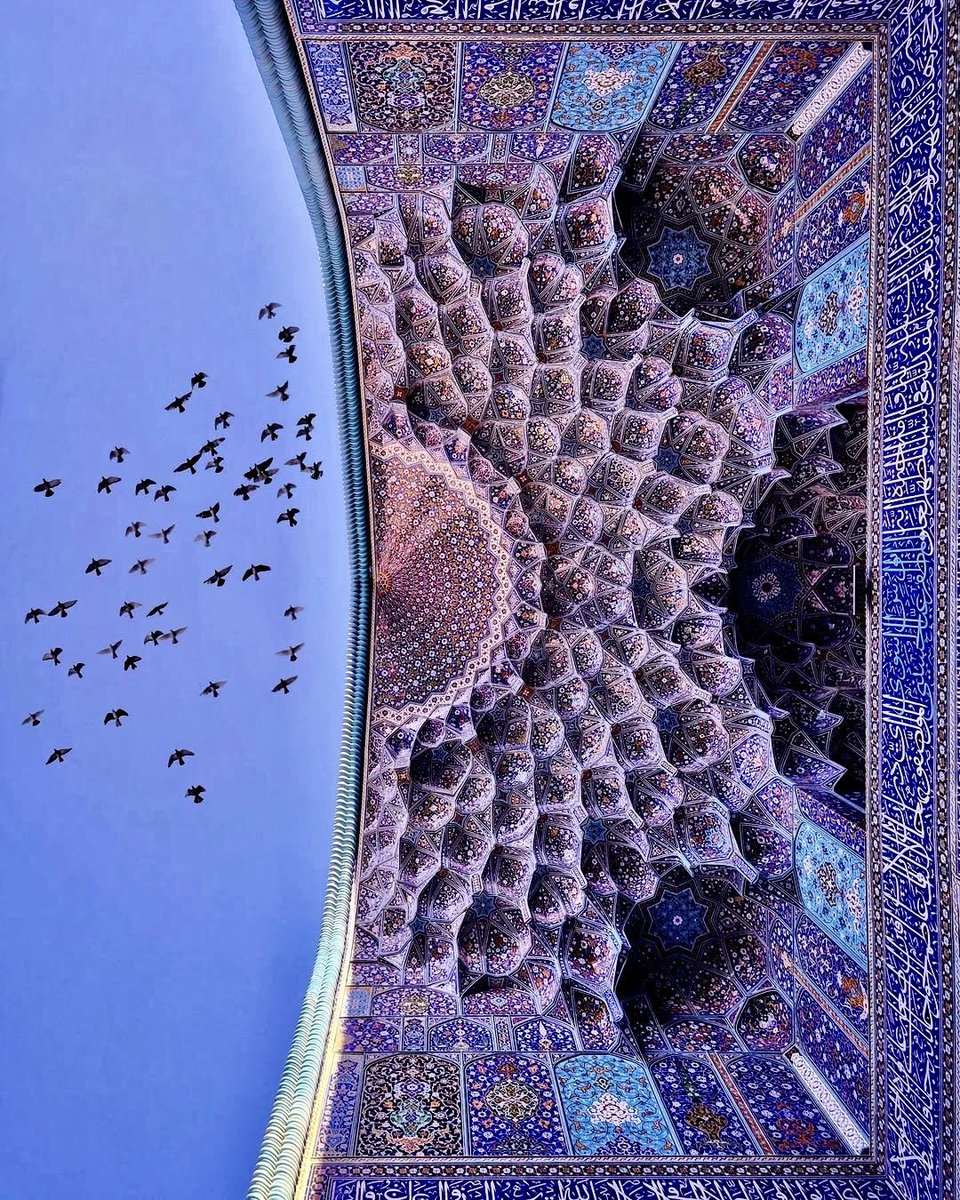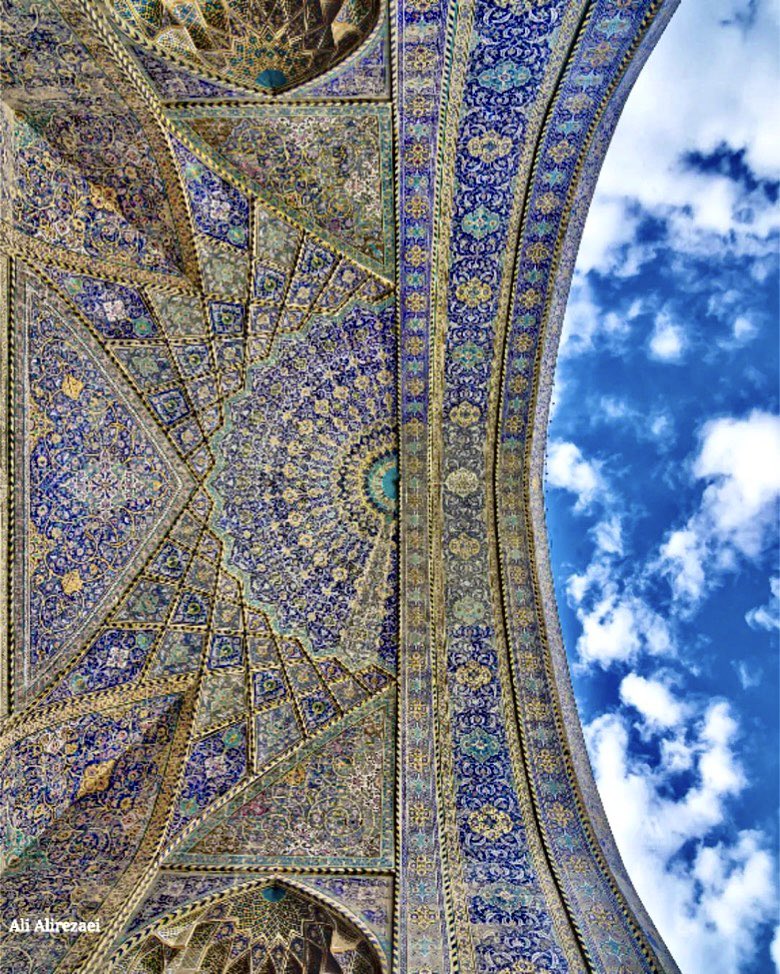Ancient mud mosques in the Muslim world are spectacular & sustainable. They keep us cool in summer & warm in winter, & withstand extreme weather. In search of more sustainable buildings, architects are returning to this overlooked construction material
A thread on mud Mosques…
A thread on mud Mosques…

1/ Larabanga Mosque, Ghana, early 1400s
Founded by one of the Prophet’s (PBUH) Companions, Ibrahim Ayuba al-Ansari, who was sent there from al-Madinah. Built in the Sudanese architectural style, it is the oldest in the country & one of the oldest in West Africa
Founded by one of the Prophet’s (PBUH) Companions, Ibrahim Ayuba al-Ansari, who was sent there from al-Madinah. Built in the Sudanese architectural style, it is the oldest in the country & one of the oldest in West Africa

2/ Khatmiyah Mosque, Kassala, Sudan, 18th century
At the base of the Taka Mountains is this spectacular mosque, centre of the Khatmiyah Sufi sect. It's a lovely mudbrick building with a pointed octagonal minaret and a photogenic arcade of columns in the main prayer hall
At the base of the Taka Mountains is this spectacular mosque, centre of the Khatmiyah Sufi sect. It's a lovely mudbrick building with a pointed octagonal minaret and a photogenic arcade of columns in the main prayer hall
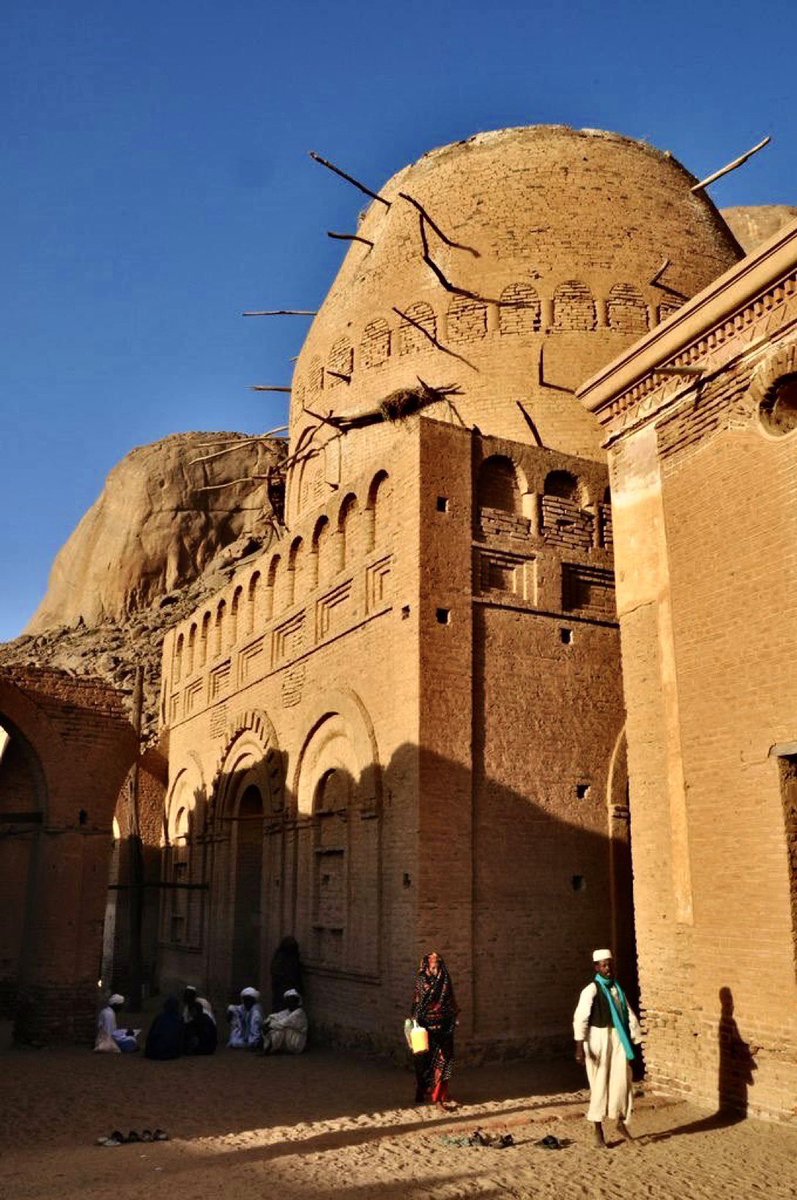
3/ Al Bidya Mosque, UAE
The mosque's date of construction is uncertain & because the mud & stone built structure uses no wood, radiocarbon dating is not possible. It is estimated to date to the 15th century, however earlier estimates have been proposed. It is still in use today
The mosque's date of construction is uncertain & because the mud & stone built structure uses no wood, radiocarbon dating is not possible. It is estimated to date to the 15th century, however earlier estimates have been proposed. It is still in use today
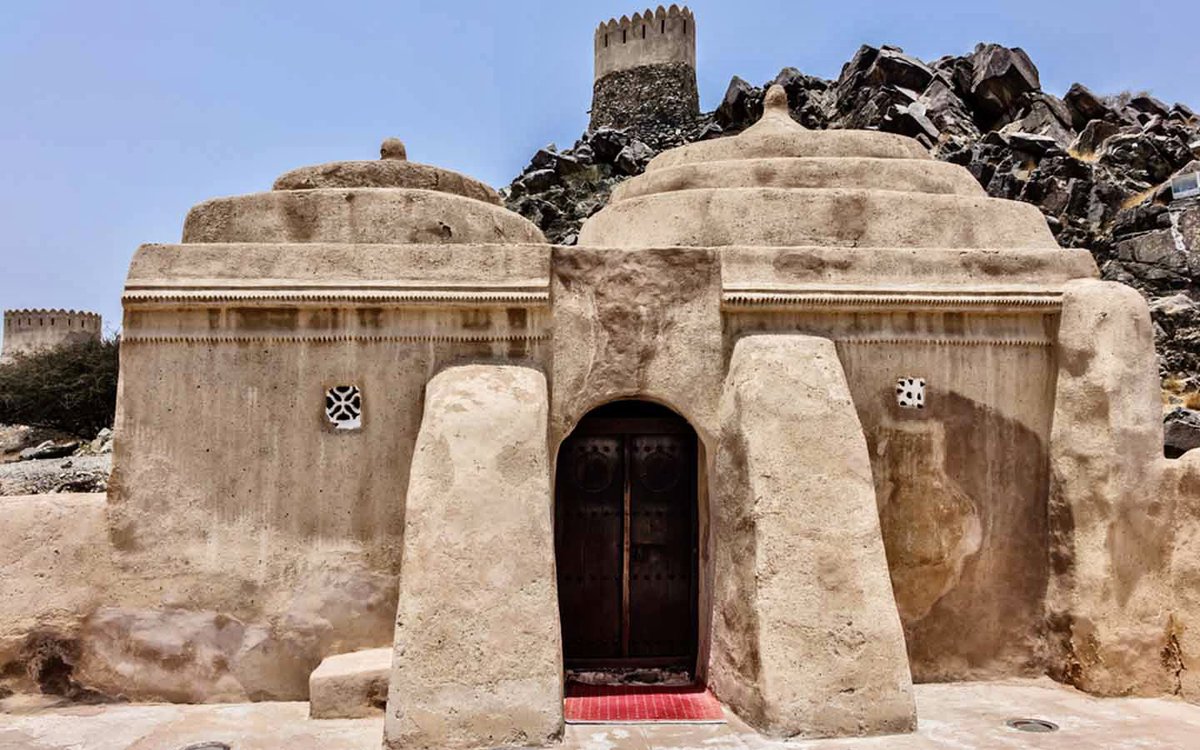
4/ Djinguereber Mosque, Timbuktu, Mali, 1327
A famous learning center of Mali, cited as Djingareyber or Djingarey Ber in various languages. Its design is accredited to Abu Ishaq Al Saheli who was paid 200 kg (40,000 mithqals) of gold by Musa I of Mali emperor of the Mali Empire
A famous learning center of Mali, cited as Djingareyber or Djingarey Ber in various languages. Its design is accredited to Abu Ishaq Al Saheli who was paid 200 kg (40,000 mithqals) of gold by Musa I of Mali emperor of the Mali Empire

5/ Minaret of Al-Muhdhar Mosque, Tarim, Yemen
Al-Muhdhar Mosque has the tallest minaret in Yemen. Gleaming white, it towers 150 feet high and entirely made of mud
Al-Muhdhar Mosque has the tallest minaret in Yemen. Gleaming white, it towers 150 feet high and entirely made of mud

6/ Great Mosque of Djenné, Mali, built 13th c. current structure 1907
World’s largest mud-brick building & finest example of Sudano-Sahelian architecture; characterised by its adobe plastering & wooden scaffolding. The walls are reconstructed with mud each April in a 1 day event
World’s largest mud-brick building & finest example of Sudano-Sahelian architecture; characterised by its adobe plastering & wooden scaffolding. The walls are reconstructed with mud each April in a 1 day event

8/ Mosque of the Seven Sleepers, Chenini, Tataouine, Tunisia
Where the sleepers are allegedly buried: in the surroundings of the masjid some uncommonly large tombs (about 4 meters long) are visible.
Where the sleepers are allegedly buried: in the surroundings of the masjid some uncommonly large tombs (about 4 meters long) are visible.

10/ The Gobarau Mud Minaret, Katsina, northern Nigeria, 14th century
Gobarau is one of the largest buildings in West Africa, with its construction believed to have been completed during the reign of King Sarkin Katsina Muhammadu Korau 1398-1408 the first Muslim King of Katsina
Gobarau is one of the largest buildings in West Africa, with its construction believed to have been completed during the reign of King Sarkin Katsina Muhammadu Korau 1398-1408 the first Muslim King of Katsina

11/ The Fakr Ad-Din Mosque, Somalia, 13th century
Also known as Masjid Fakhr Ad-Din, the 2nd oldest mosque in Somalia after Masjid al-Qiblatayn (Somaliland). It is located in Hamar Weyne mogadishu, the oldest part of the city. It is believed to be the 7th oldest mosque in Africa
Also known as Masjid Fakhr Ad-Din, the 2nd oldest mosque in Somalia after Masjid al-Qiblatayn (Somaliland). It is located in Hamar Weyne mogadishu, the oldest part of the city. It is believed to be the 7th oldest mosque in Africa

12/ The Kong Mosque, Côte d'Ivoire
Built in neo-Sudanese style, using mud and logs; it is the oldest symbol of Islam in the Northern Ivory Coastand & has maintained its function as a place of prayer. The exact year of foundation is not known, but suggested 17th c
Built in neo-Sudanese style, using mud and logs; it is the oldest symbol of Islam in the Northern Ivory Coastand & has maintained its function as a place of prayer. The exact year of foundation is not known, but suggested 17th c
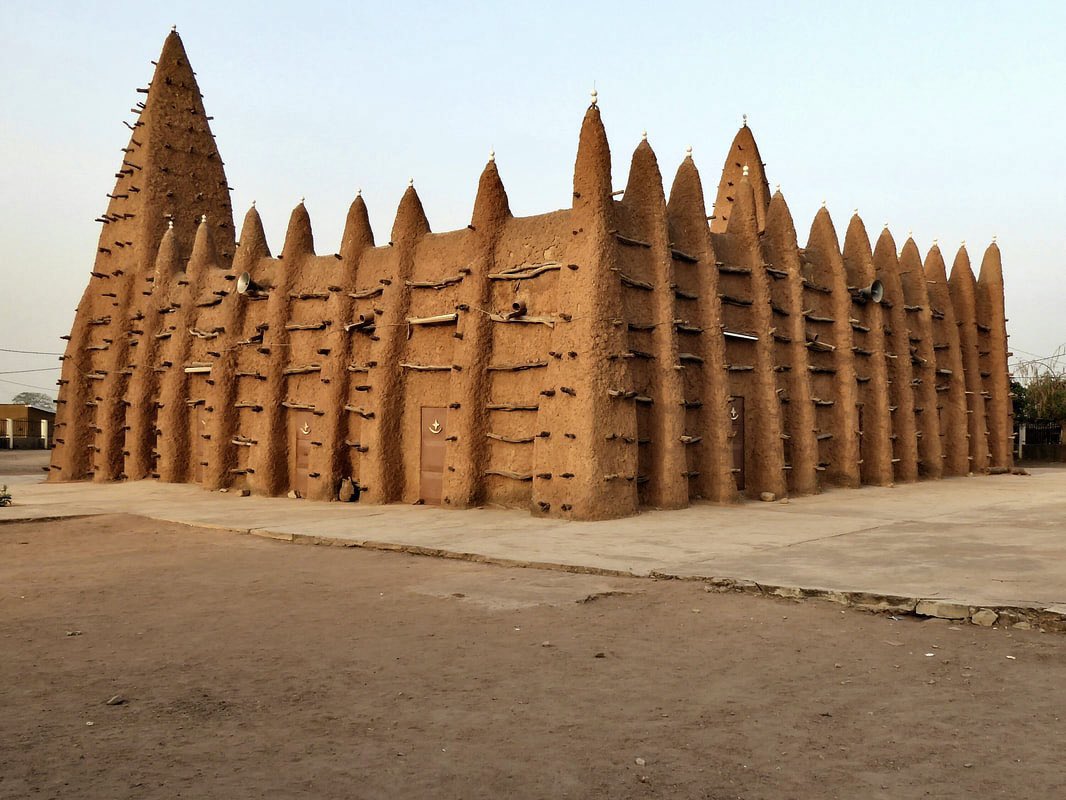
13/ Bole Mud Mosque, Ghana
One of Ghana’s remaining six mud mosques, said to have been built in the 17th century in a Sudanic architectural style with mud and sticks. The mosque is in a good state and can be visited also for a view from the roof overlooking the town of Bole
One of Ghana’s remaining six mud mosques, said to have been built in the 17th century in a Sudanic architectural style with mud and sticks. The mosque is in a good state and can be visited also for a view from the roof overlooking the town of Bole

14/ The Nando Mosque, Bandiagara Escarpment, Mali
Built entirely of mud around the 12th century AD, The mosque that left many puzzled in terms of architecture & structure.
"Oral histories ascribe its founding as either a gift from God or as the creation of a giant"
Built entirely of mud around the 12th century AD, The mosque that left many puzzled in terms of architecture & structure.
"Oral histories ascribe its founding as either a gift from God or as the creation of a giant"

15/ Agadez Mosque, Agadez, Tchirozerine Department, Niger, 1515
It was made of clay and is the tallest mud-brick structure in the world. The city was built in 1515 at the time when the city was captured by the Songhai Empire. It was restored and some of it was rebuilt in 1844
It was made of clay and is the tallest mud-brick structure in the world. The city was built in 1515 at the time when the city was captured by the Songhai Empire. It was restored and some of it was rebuilt in 1844

16/ The Atiq Mosque or al-Kabir mosque, the oasis village of Awjila, in the Sahara desert of the Cyrenaica region, Libya, 12th century
The oldest in the region. It has unusual conical domes made of mudbrick & limestone that provide light & ventilation, with palm tree posts
The oldest in the region. It has unusual conical domes made of mudbrick & limestone that provide light & ventilation, with palm tree posts

17/ Painted Mud Mosque, Sindh, Pakistan Allah
Mosque built and painted bright colours, an unusual delight
Mosque built and painted bright colours, an unusual delight

18/ Sorobango mosque
Sorobango is known for its adobe mosque, built in the 17th or 18th century. Along with other mosques in northern Ivory Coast, it was inscribed on the UNESCO World Heritage List in 2021 for its outstanding representation of Sudano-Sahelian architecture.
Sorobango is known for its adobe mosque, built in the 17th or 18th century. Along with other mosques in northern Ivory Coast, it was inscribed on the UNESCO World Heritage List in 2021 for its outstanding representation of Sudano-Sahelian architecture.

19/ Minaret in Kharānaq, Iran
The mud brick buildings in this village were built about 1,000 years ago. Their rounded shapes and rugged outsides make it look as though they’re all melting into the earth. The minaret towering above the mosque is spectacular
The mud brick buildings in this village were built about 1,000 years ago. Their rounded shapes and rugged outsides make it look as though they’re all melting into the earth. The minaret towering above the mosque is spectacular
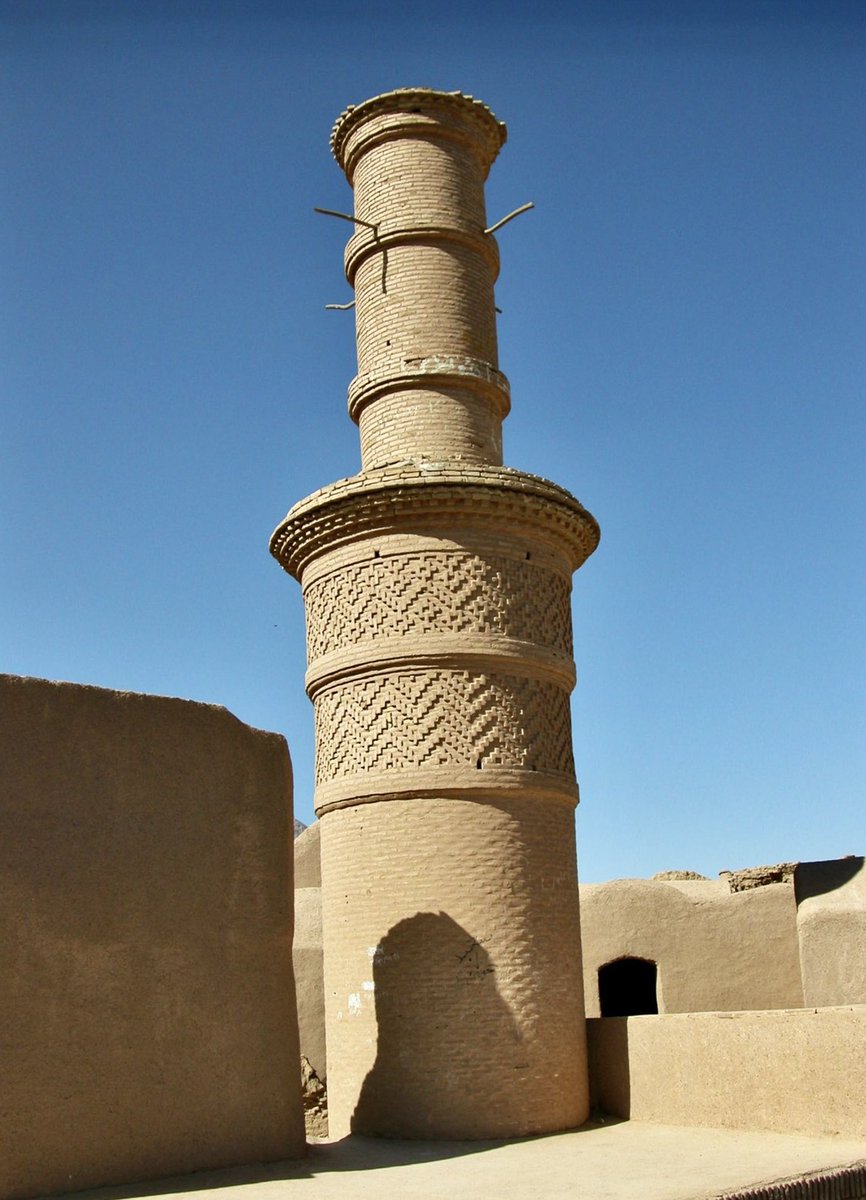
• • •
Missing some Tweet in this thread? You can try to
force a refresh

 Read on Twitter
Read on Twitter



